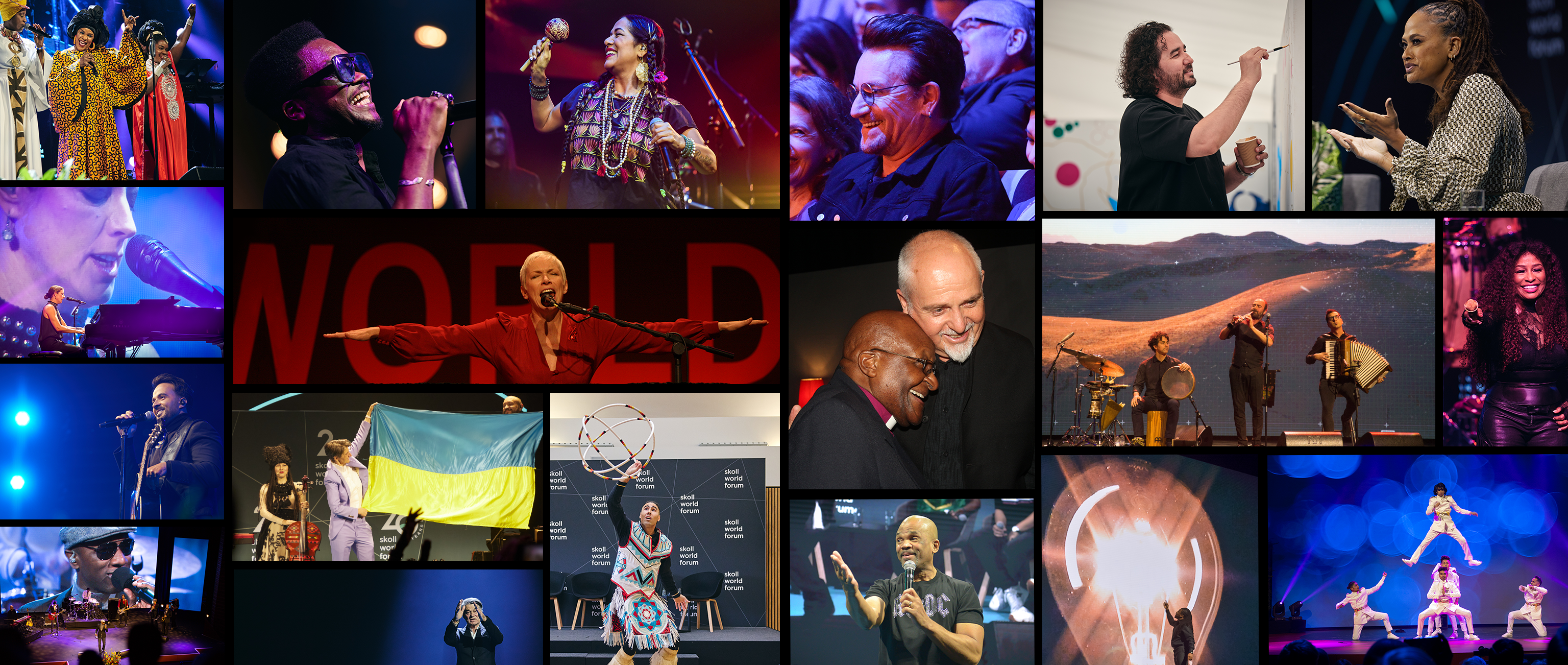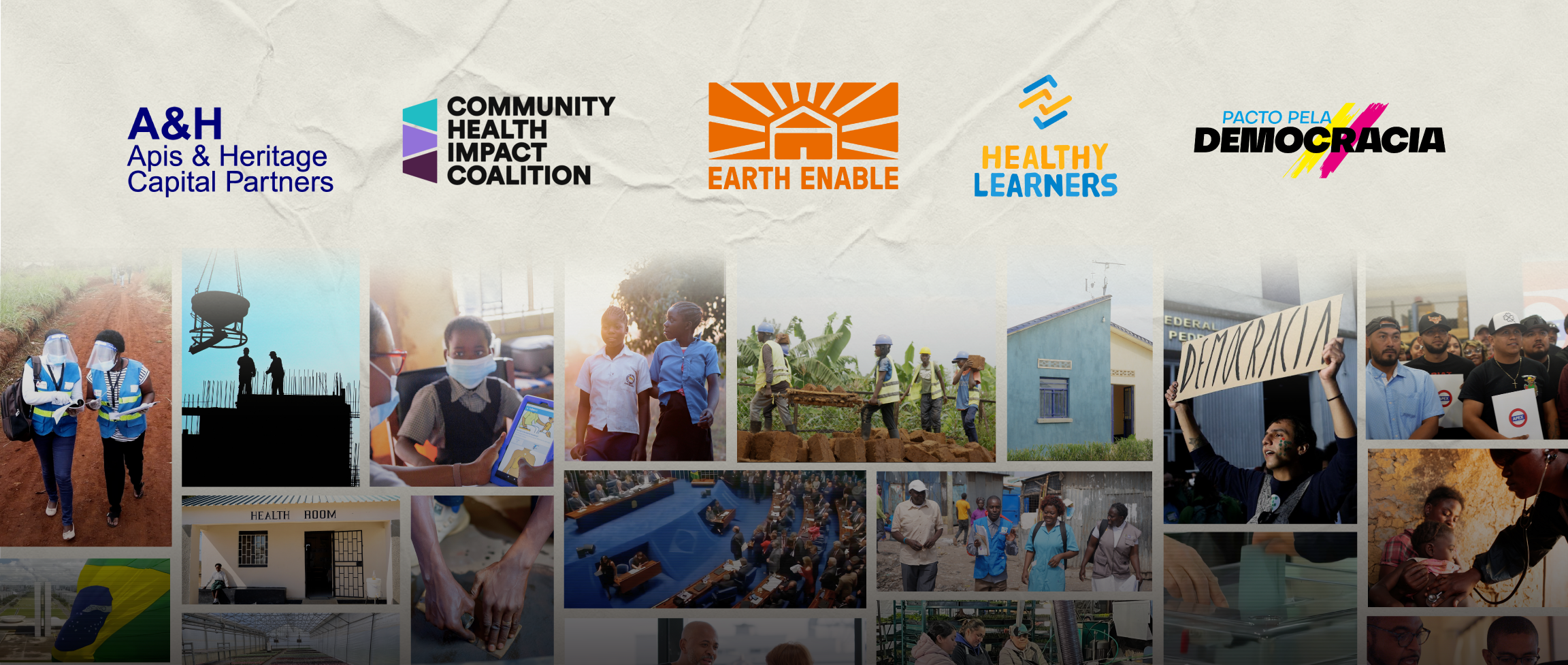To make philanthropy more equitable, take a no-strings approach
Skoll Foundation CEO Don Gips and President and COO Marla Blow recently sat down with The Economist to discuss the state of philanthropy. The conversation quickly turned to the need for fast, equitable funding amid mounting global crises. As nonprofits call for greater trust and simplicity in grantmaking, many funders are changing and evolving their practices.
The interview is part of The Economist’s new special report on the changing philanthropic sector. In it, international correspondent Avantika Chilkoti writes that philanthropy has long been “characterised by mistrust of the charity sector and a general attitude of paternalism.” The report highlights funding approaches that are shifting more decision-making power to recipients.
In 2019, Don and Marla shared, the Skoll Foundation evolved its strategy and committed to centering equity in all that the Foundation does—an approach that was stress-tested during the inflection point of 2020’s interwoven social upheavals. We broadened our support beyond social entrepreneurs to include other social innovators making the biggest impact on the toughest problems of our time, looking for innovators who are most proximate to the challenge.
Accelerating progress to meet the moment also means taking a trust-based approach to how the Foundation measures change. We do not define metrics during diligence, instead looking to grantees to identify the systems-level outcomes they’re aiming for and signals of progress they’ll track along the way. Our evaluation team has transitioned to a more open-ended reporting structure that prompts grantees to share progress, pivots, and insights about their system.
Many of today’s funders hold a common aspiration: equitable philanthropic practices that give quickly, directly, and with little to no strings attached. As private donors like MacKenzie Scott dispense billions without application requirements and organizations like GiveDirectly do just that, traditional grantmaking foundations are joined by a new wave of donors who are broadening access to unrestricted gifts of all sizes.
Decreasing the burden of restrictions and paperwork is just one way to quicken change. Chilkoti points to a mix of approaches shaping the future of philanthropy, from multi-year funding and utilizing donor consultants to influencing change at the policy level. Ideally, she says, funders will work proactively and center recipients’ ideas: “Done well, philanthropy can achieve great and diverse things.”
The Foundation has doubled down on supporting three “accelerators” to enhance the impact of social innovators around the world. We support the “systems orchestrators” who coordinate across ecosystems to drive collective action and systems change, and we collaborate with government partners across sectors. To mobilize all our assets, we center equity in our endowment—making an even bigger social impact while meeting our financial objectives. These accelerators are core to the Foundation’s mission to act as a catalyst of transformational social change.
Learn more about the Skoll Foundation’s strategy evolution in our 2022-2023 Spring Letter. Read the entire special report on philanthropy at The Economist (free trials available).



